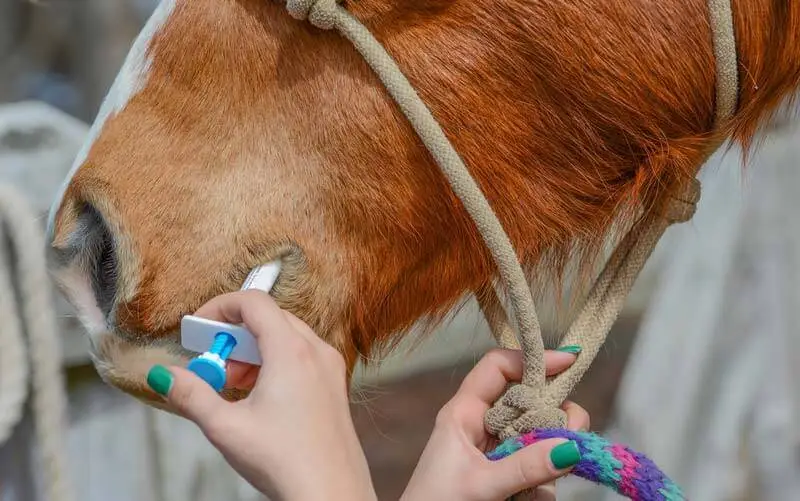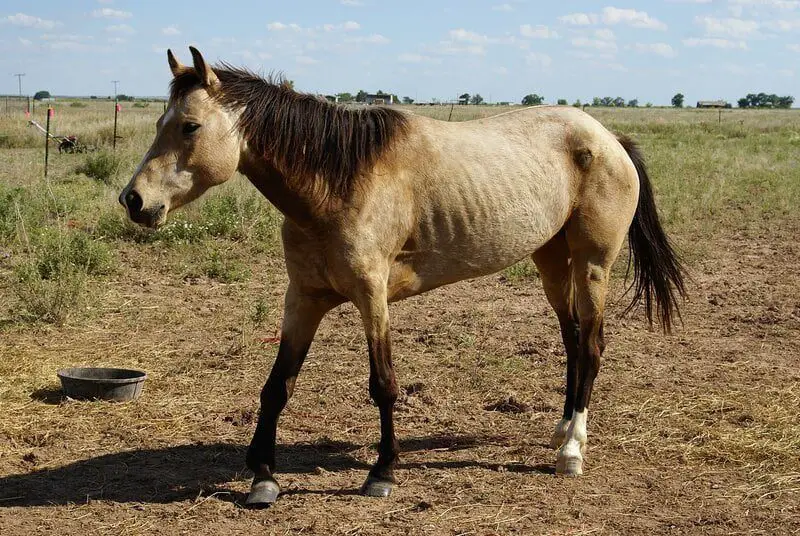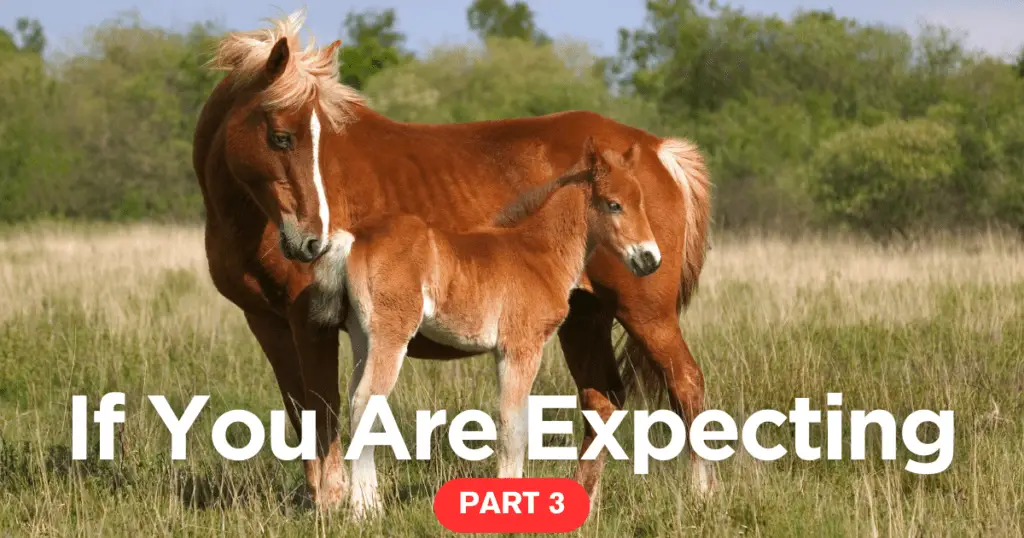As a horse owner, I know how important it is to keep my horse healthy and happy. One aspect of horse care that is often overlooked is worming. Worms can cause serious health problems for horses, so it’s essential to know how often to worm your horse and what can happen if you don’t. So, how often should you worm your horse? The answer depends on several factors, including your horse’s age, environment, and overall health, along with the type of worming product you use. Generally, adult horses should be wormed every 12-16 weeks (depending on products, time of year and pasture management), while foals and yearlings may need more frequent worming. It’s best to consult with your veterinarian to develop a worming schedule that’s tailored to your horse’s individual needs. If you don’t worm your horse regularly, several health problems can arise. Worms can cause weight loss, colic, diarrhea, and even death in severe cases. Additionally, worms can compromise your horse’s immune system, making them more susceptible to other illnesses. By staying on top of your horse’s worming schedule, you can help ensure that they stay healthy and happy for years to come. Why Worming Your Horse is Important The Importance of Regular Worming As a responsible horse owner, it is important to ensure that your horse is healthy and free from parasites. Regular worming is a crucial part of maintaining your horse’s health and well-being. There are several different types of worms that can infect horses, including roundworms, tapeworms, and bots. Each type of worm can cause different symptoms and health problems, so it is important to use a wormer that is effective against all types of worms. All worms have different life cycles and stages of development and therefor need to be treated at different times. Worming your horse regularly can also help prevent the spread of worms to other horses. Worms can be spread through contact with infected faeces, so it is important to practice good hygiene and clean up manure regularly. Be mindful though, that worming too regularly can also cause problems with resistance to the products occurring and then worming is not effective. The Risks of Not Worming Your Horse If you do not worm your horse regularly, it can lead to a range of health problems. Worms can cause weight loss, colic, diarrhea, and anemia, which can all be serious and potentially life-threatening. In addition, worms can weaken your horse’s immune system, making it more susceptible to other diseases and infections. Not worming your horse can also increase the risk of worm infestations in other horses. If your horse is infected with worms and comes into contact with other horses, it can spread the worms to them. This can lead to a cycle of infection that is difficult to break. In conclusion, regular worming is an essential part of maintaining your horse’s health and well-being. By worming your horse regularly, you can prevent a range of health problems and help keep your horse healthy and happy. How Often Should You Worm Your Horse? Factors to Consider When it comes to worming your horse, there are several factors to consider. The first is the age of your horse. Foals and young horses should be wormed more frequently than older horses as they are more susceptible to parasites. The second factor to consider is the location and environment in which your horse lives. Horses in high-risk areas or those that are exposed to other horses frequently may need to be wormed more often. Lastly, the overall health of your horse should be taken into account. Horses that are sick or have a weakened immune system may need to be wormed more frequently. The last factor to consider is the products you use as some wormers are very potent and only need to be given every 16 weeks, and other wormers don’t kill all stages of the worm’s life cycle. Some wormers only kill the adult worms and leave the larvae or nymph stages present. Recommended Worming Schedule The recommended worming schedule for horses varies depending on their age, location, product used and overall health. Generally, horses should be wormed every 12-14 weeks. However, foals should be wormed every 4-6 weeks until they reach 6 months of age, but be mindful some wormers are harmful to foals until 3-4 months of age.. Horses in high-risk areas or those exposed to other horses frequently may need to be wormed more often, up to every 4-6 weeks. It’s important to work with your veterinarian to develop a worming schedule that is tailored to your horse’s specific needs. The most effective way to determine a worming schedule for your horse is to have a faecal egg count performed on your horses manure.This will allow identification of worms present and the rough number. This can then allow you to strategically chose the right wormer. Signs Your Horse Needs Worming As a horse owner, it is important to know the signs that indicate your horse needs worming. Here are a few things to look out for: Symptoms of Worm Infestation If your horse is experiencing any of the following symptoms, it may be a sign that they have a worm infestation: Weight loss or poor body condition despite a good appetite Diarrhea or loose stools Colic or abdominal pain Coughing or respiratory issues Unexplained lethargy or fatigue Changes in coat condition or skin irritations Scratching anus or neck. When to Consult a Veterinarian If you notice any of the above symptoms or suspect that your horse may have a worm infestation, it is important to consult with your veterinarian. They can perform a fecal egg count to determine the type and severity of the infestation and recommend an appropriate treatment plan. It is also important to note that some horses may not show any symptoms of a worm infestation, so regular worming is still necessary to prevent any potential health issues. Types of Wormers When it comes to worming your




